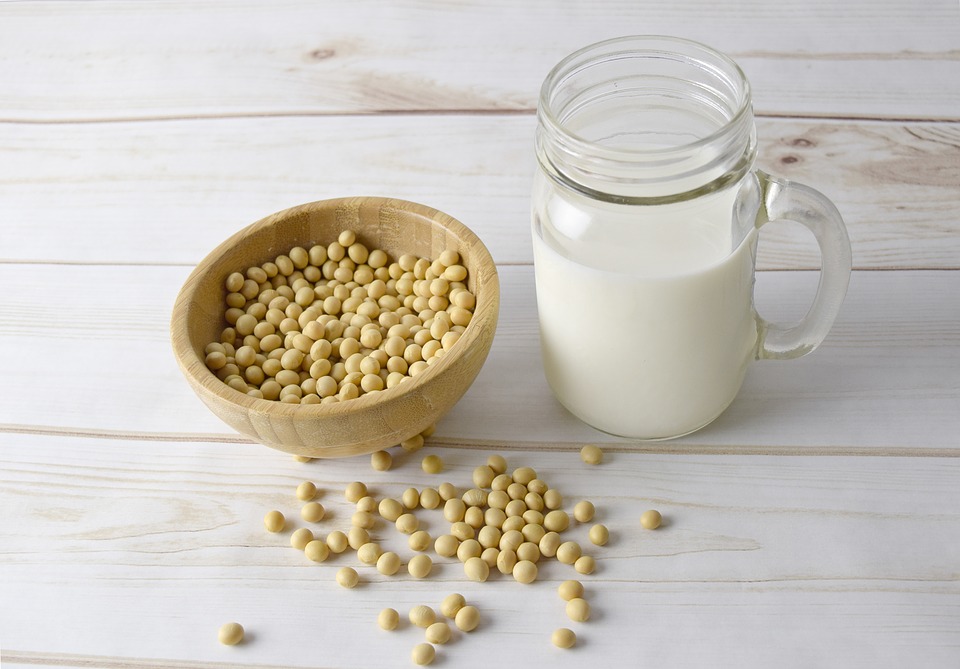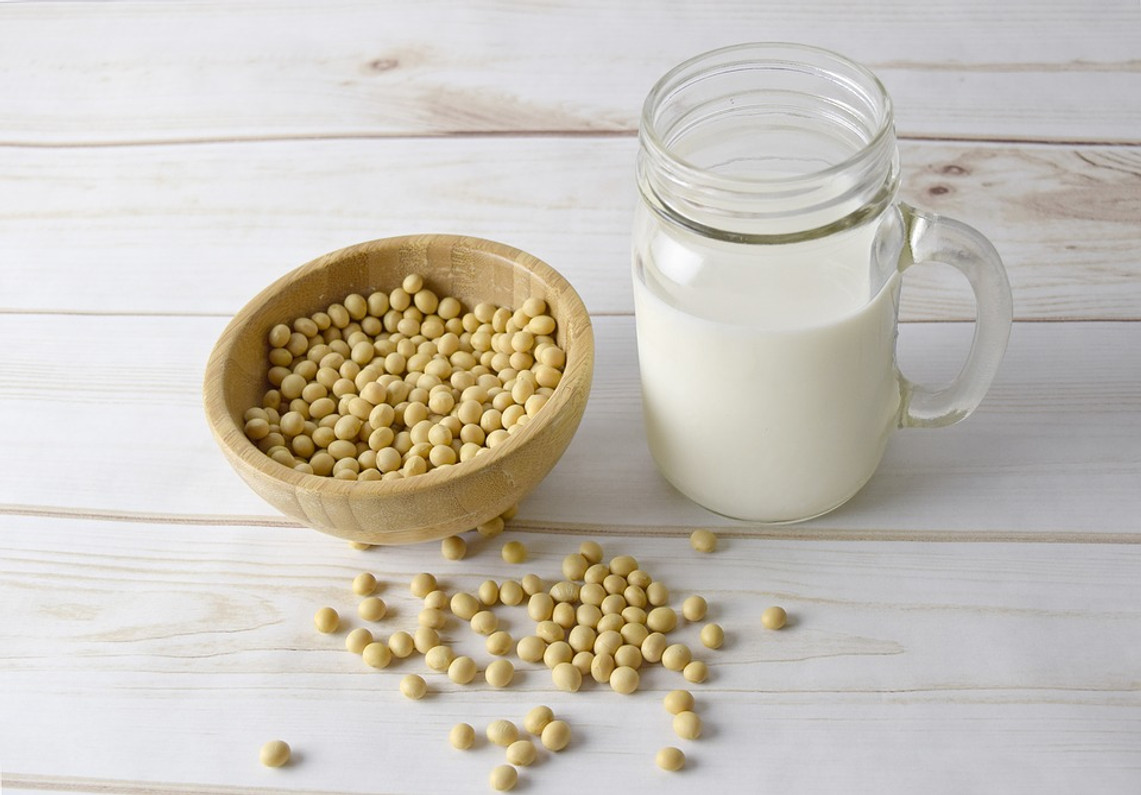Is Soy Milk Good for Your Heart?

Heart disease remains the world's leading cause of death, accounting for nearly 600,000 deaths annually in the United States alone. However, there's some belief that soy and soy products can reduce the risk of heart disease.
The next time you visit the grocery store, pay attention to the soy aisle. You'll probably notice a myriad of soy products touting claims such as "soy promotes a health heart" and "soy lowers the risk of heart disease." Research shows that claims such as these appear on roughly 300 soy products sold in the United States. However, that may soon change, as the Food and Drug Administration (FDA) is moving to revoke this health claim on soy products.
So, why is the FDA revoking this claim, and what does this mean for the future of soy products in the United States? Well, the FDA first allowed soy companies to make heart health claims back in the late 1990s, during which studies revealed a connection between soy and lower blood cholesterol levels.
In 2005, however, a study conducted by the Agency for Healthcare Research and Quality contradicted previous findings on soy, suggesting that it had little-to-no effective on blood cholesterol levels. And in 2007, the FDA announced that it was reevaluating the heart health claims of soy.
This doesn't necessarily mean that soy companies will have to remove the heart health claims from their packaging -- not yet, at least. The FDA will allow the public to comment on the proposal for a period of 75 days. After this public commenting period, the FDA may then require companies to either remove the heart health claims from their products or change the wording so it's not as definitive.
Soy may still offer some health benefits, however. According to the Harvard School of Public Health, it doesn't improve cholesterol, but it does promote a healthy heart and blood vessels. So, even if the FDA forces soy companies to remove the heart health labels from their product packaging, including soy in your diet may help you achieve better health.
"Even though soy protein has little direct effect on cholesterol, soy foods are good for the heart and blood vessels because they usually replace less healthful choices, like red meat, and because they deliver plenty of polyunsaturated fat, fiber, vitamins, and minerals, and are low in saturated fat,” wrote the Harvard School of Public Health.
According to the FDA, soy companies will have to spend between $370,000 and $860,000 to relabel their products if this proposal moves forward.
Recent Posts
-
Fire Safety in the Workplace: What You Need to Know
What steps are you taking to prevent fires in your workplace? According to the U.S. Occupational Saf …Aug 23rd 2023 -
Is It Safe to Go Jogging With a Cold Infection?
If you're suffering from a cold infection, you might be wondering whether it's safe to go jogging. T …Aug 22nd 2023 -
5 Safety Tips to Follow When Using a Powder-Actuated Tool
Powder-actuated tools are commonly used to join materials to steel and concrete. Also known as Hilti …Aug 20th 2023




